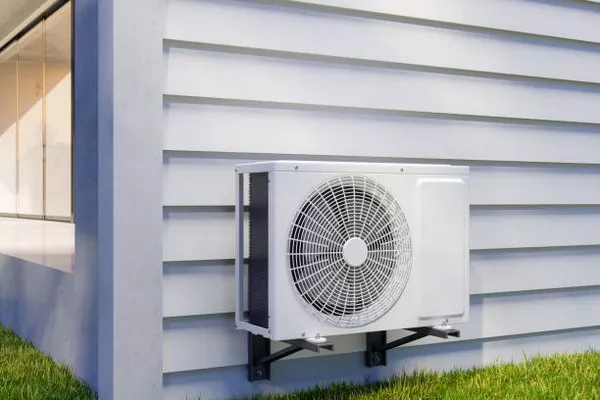The air conditioner compressor plays a crucial role in the functionality of your HVAC system, responsible for circulating refrigerant and maintaining a comfortable indoor temperature. When faced with a malfunctioning compressor, homeowners often wonder about the cost of replacement. In this article, we will delve into the factors that influence the price of an air conditioner compressor and provide insights into the overall cost of this essential component.
Types of Compressors:
Air conditioner compressors come in various types, each with its unique features and specifications. The two main types are reciprocating and scroll compressors. Reciprocating compressors use pistons, while scroll compressors operate with a spiraled mechanism. The type of compressor your system uses can significantly impact the cost of replacement.
Reciprocating compressors are generally more affordable but may have a shorter lifespan compared to their scroll counterparts. On the other hand, scroll compressors are known for their efficiency and durability, which can contribute to a higher upfront cost.
Compressor Capacity:
The capacity of the compressor is another crucial factor influencing its cost. The capacity is measured in British Thermal Units (BTUs) and determines the cooling power of the air conditioner. Larger homes or spaces require compressors with higher capacities to effectively cool the environment.
As the compressor’s capacity increases, so does the cost. Homeowners should carefully assess their cooling needs and choose a compressor with an appropriate capacity to strike a balance between efficiency and affordability.
Energy Efficiency Ratings
Energy efficiency is a key consideration when selecting an air conditioner compressor. Compressors with higher energy efficiency ratings often come with a higher price tag. However, investing in an energy-efficient compressor can lead to long-term savings on energy bills.
Look for compressors with a high Seasonal Energy Efficiency Ratio (SEER) rating, as they indicate better energy efficiency. While the initial cost may be higher, the reduced energy consumption over time can offset the upfront investment.
Brand and Manufacturer:
The brand and manufacturer of the air conditioner compressor can significantly impact its cost. Well-established and reputable brands may offer compressors with advanced features, higher reliability, and better warranties, but they often come with a premium price.
While it may be tempting to opt for a lower-cost compressor from a less-known manufacturer, it’s essential to consider the long-term reliability and the availability of replacement parts. Investing in a trusted brand can provide peace of mind and reduce the likelihood of unexpected issues.
Warranty Coverage:
Warranty coverage is an important aspect to consider when evaluating the cost of an air conditioner compressor. Compressors with longer and more comprehensive warranties typically come with a higher upfront cost. However, a robust warranty can protect homeowners from unexpected repair expenses in the future.
Before purchasing a compressor, carefully review the warranty terms and conditions. Some warranties may only cover specific components or have limitations, so it’s essential to understand the extent of the protection offered.
Installation Costs:
The cost of the compressor itself is only part of the overall expense. Installation costs, including labor and additional materials, should also be taken into account. Hiring a qualified HVAC professional to install the compressor ensures proper installation and optimal performance.
Installation costs can vary based on factors such as the complexity of the installation, local labor rates, and any additional components or modifications required. Obtaining multiple quotes from reputable HVAC contractors can help homeowners make an informed decision and avoid unexpected expenses.
Geographic Location:
The geographic location of your residence can influence the cost of an air conditioner compressor. In regions with extreme temperatures, such as very hot or very cold climates, the demand for HVAC systems may be higher, impacting prices. Additionally, local regulations, codes, and permit costs can vary, contributing to regional price differences.
Homeowners should consider consulting with local HVAC professionals to understand the specific factors affecting prices in their area and to obtain accurate estimates for compressor replacement.
See Also How Much To Replace Ac Compressor In Car
Conclusion:
In conclusion, the cost of an air conditioner compressor is influenced by various factors, including the type of compressor, capacity, energy efficiency ratings, brand reputation, warranty coverage, installation costs, and geographic location. While it’s natural to seek cost-effective solutions, homeowners should also prioritize quality and reliability to ensure long-term performance and energy savings.
Before making a decision, it’s advisable to conduct thorough research, obtain multiple quotes, and consult with HVAC professionals to determine the most suitable compressor for your specific needs. Investing in a high-quality compressor and professional installation can contribute to the longevity and efficiency of your HVAC system, providing comfort and peace of mind for years to come.

